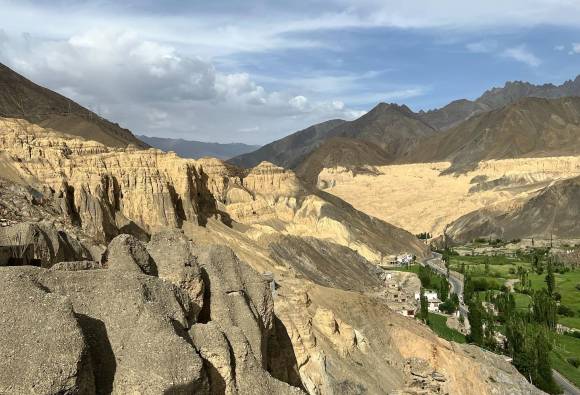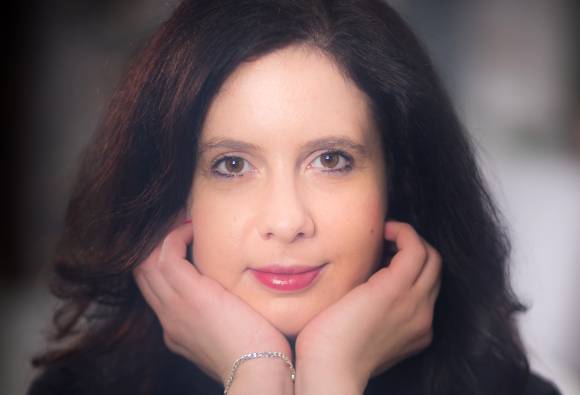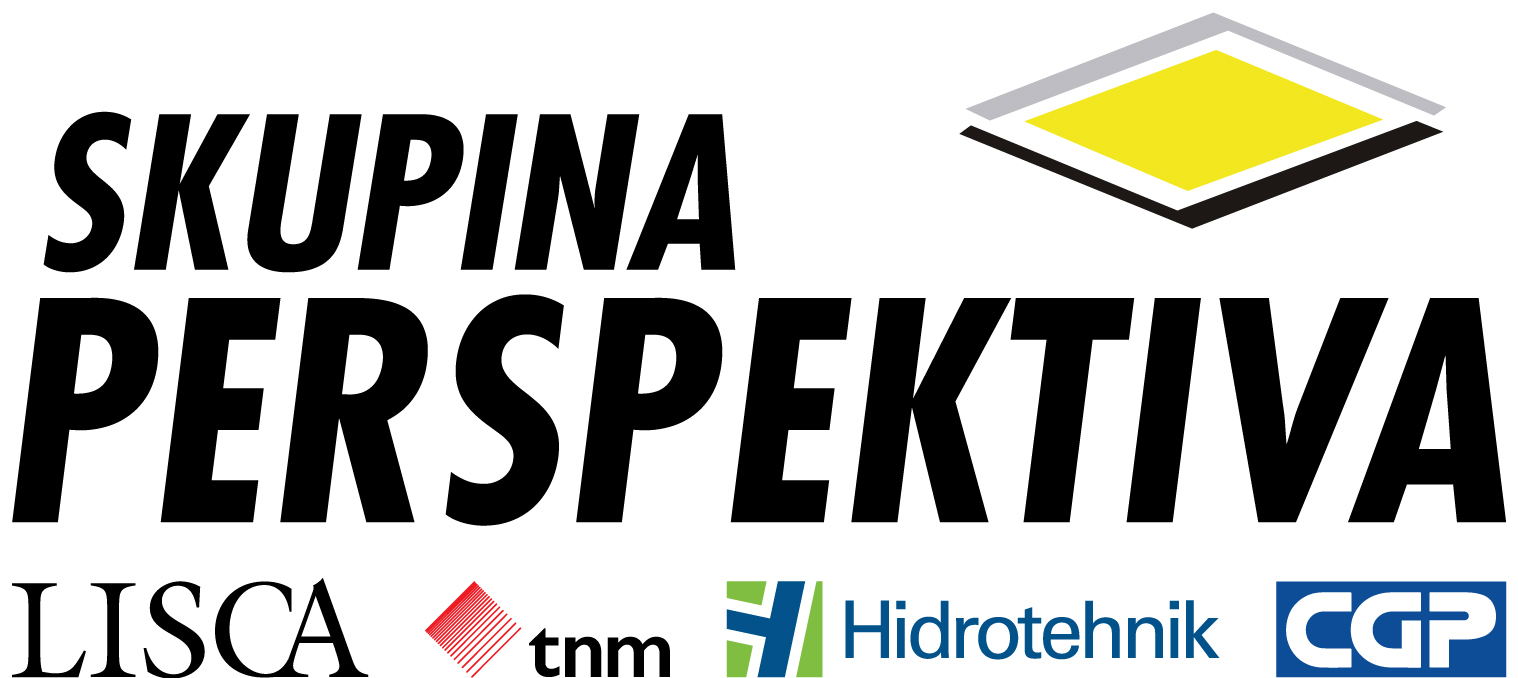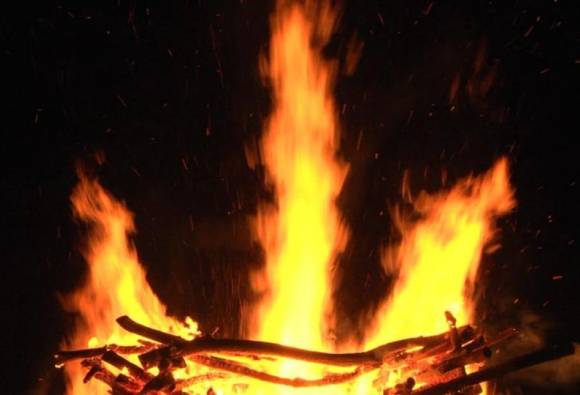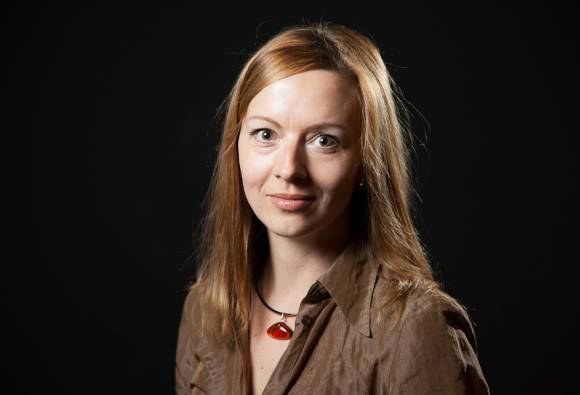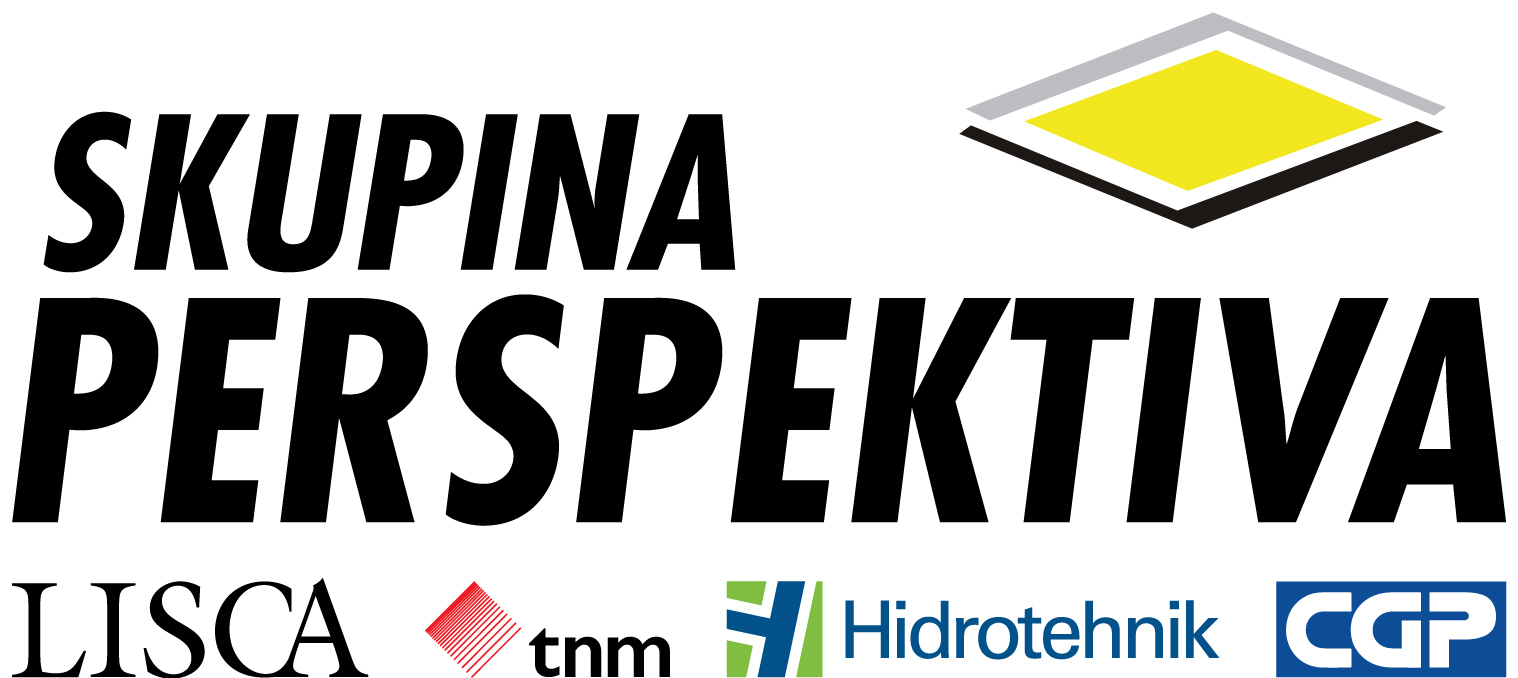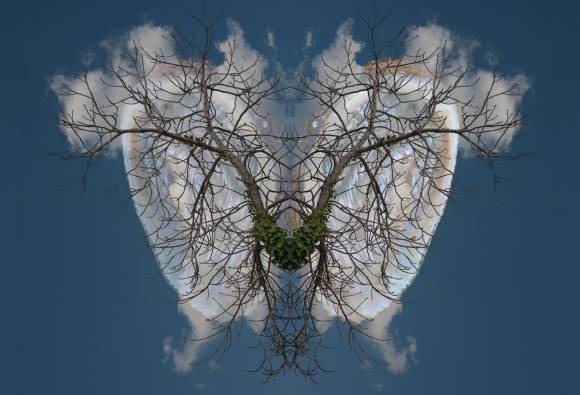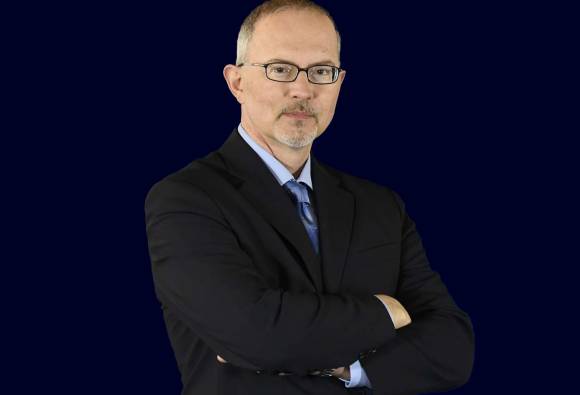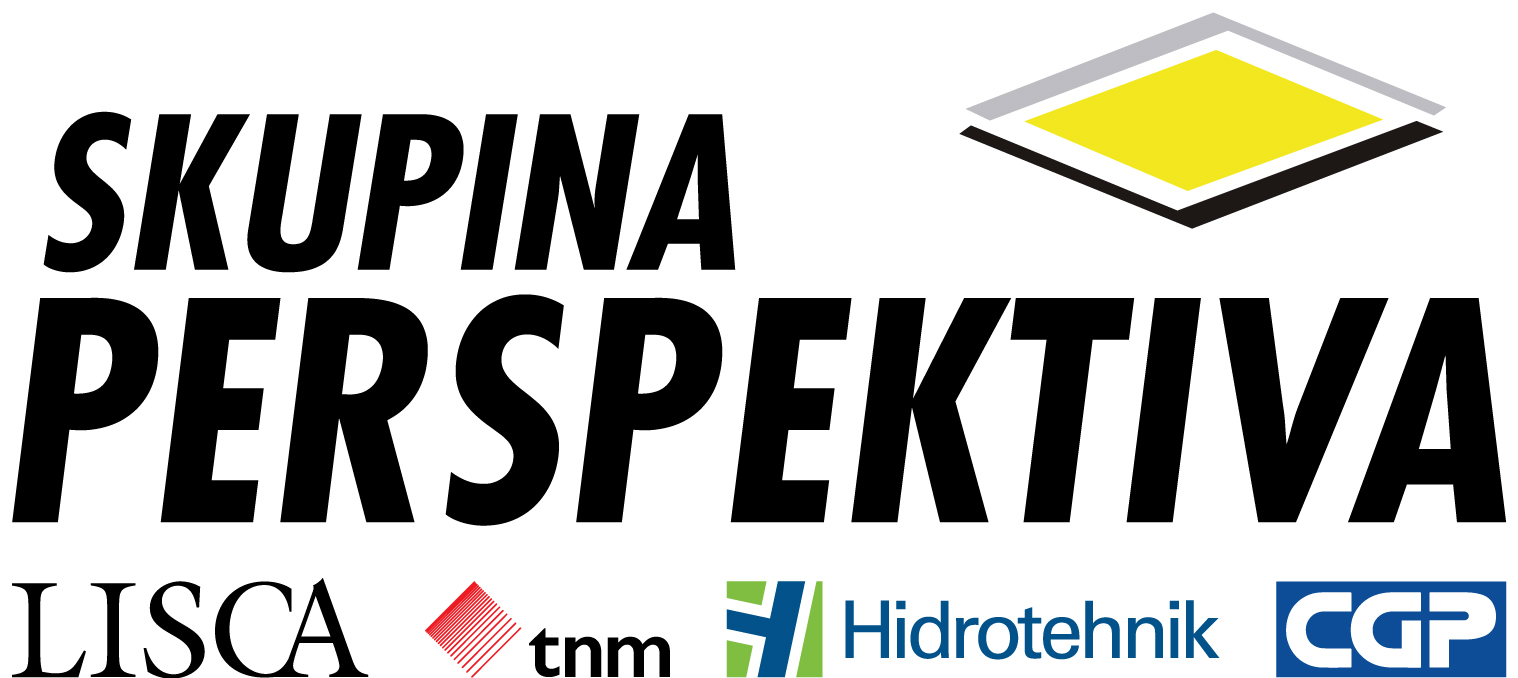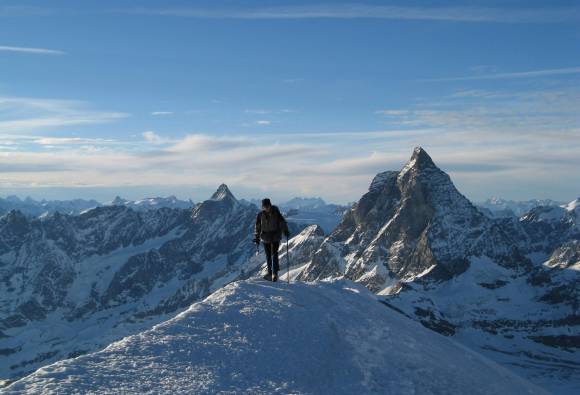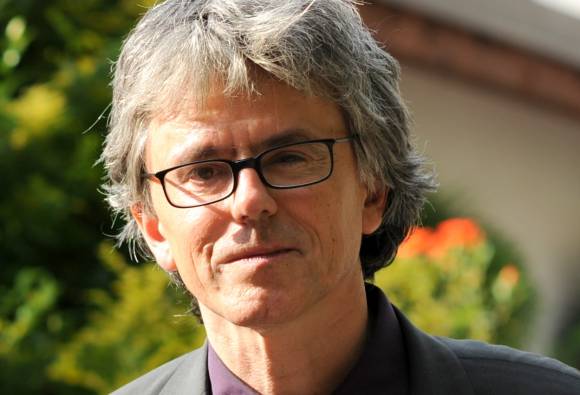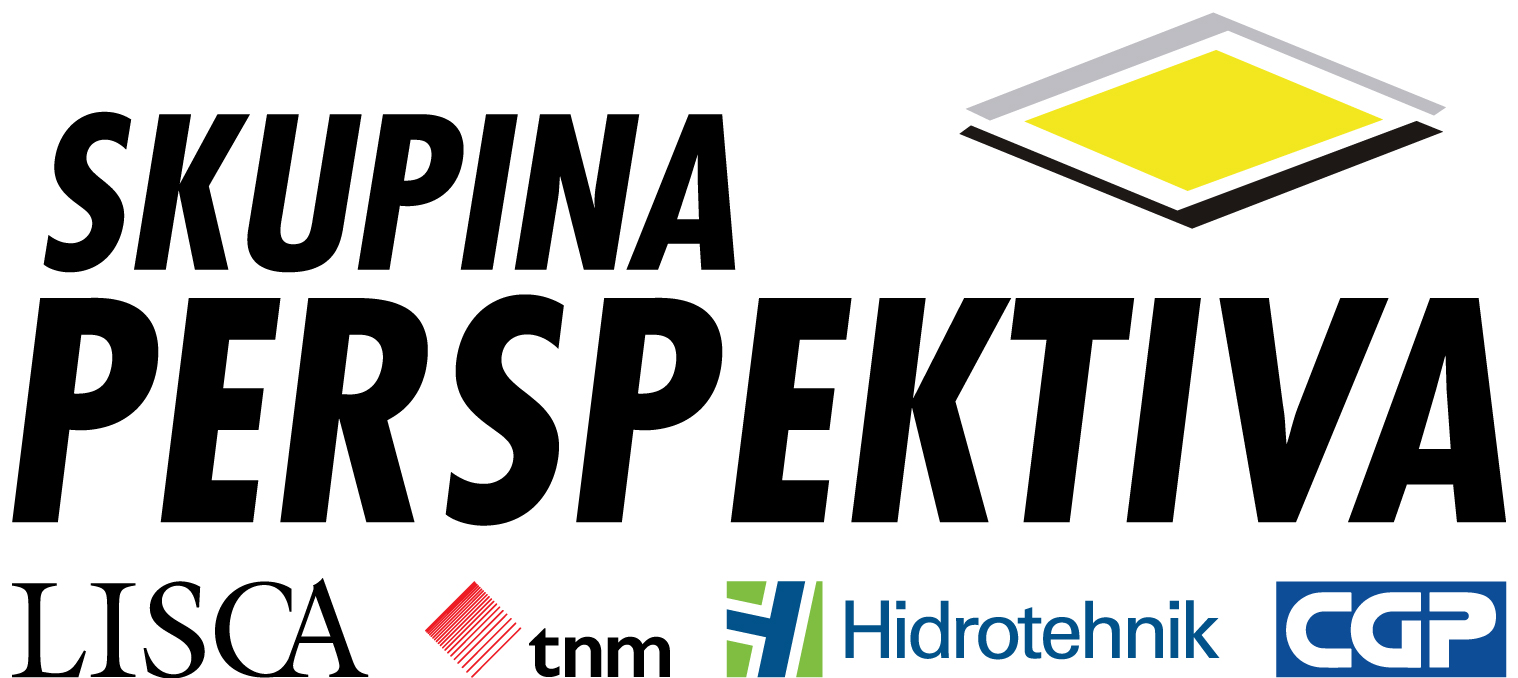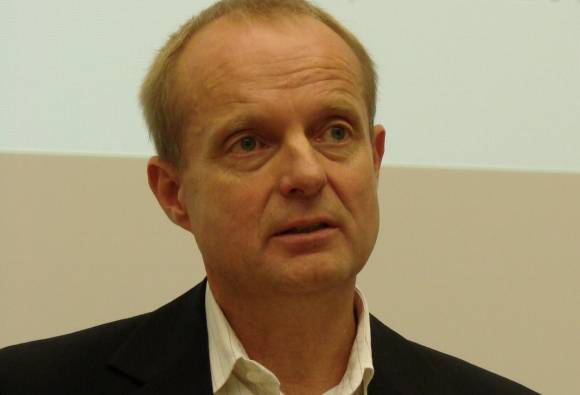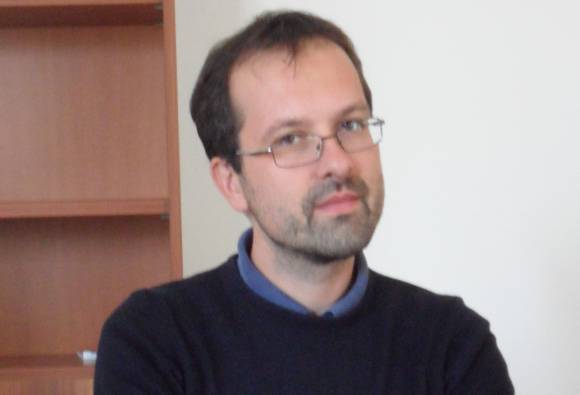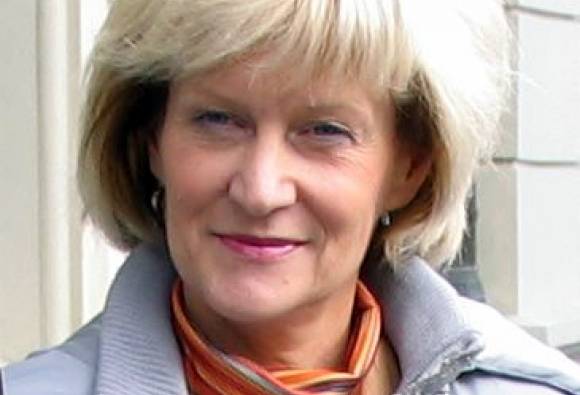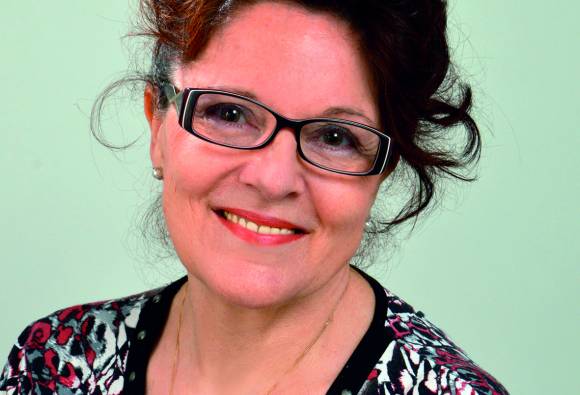
9th National Global Education Conference
With Global Learning Towards Learning for Peace
Organised by: Društvo Humanitas
If we do not teach our children peace, someone else will teach them violence.
– Colman McCarthy
This year’s National Conference on Global Learning will focus on learning for peace. In the context of current global events and the urgent need for broader efforts to build a society of peace, justice, and equality, we will explore the role of educators in the educational process, which includes learning about a holistic understanding of peace and efforts toward it. Through peace education and upbringing, we can encourage young people to develop universal values that form the foundation of a culture of peace: solidarity, justice, responsibility, non-violence, acceptance of diversity, and equality for all people. In addition, we will strengthen young people’s skills in non-violent communication, critical thinking about various forms of violence and power structures, dialogue, and peaceful conflict resolution, while supporting them in working together to shape a common future that we desire for ourselves and future generations.
9th National Global Education Conference
Registration
Dr. Mari-Anne Okkolin je sociologinja in pedagoginja, izredna profesorica na področju sociologije izobraževanja in raziskav mednarodnega izobraževanja. Na akademskem področju je zaposlena že več kot dvajset let in ima bogate izkušnje z raziskovanjem, predavanjem in supervizijo ter s koordinacijo nacionalnih in mednarodnih projektov. Od leta 2020 kot vodilna strokovnjakinja pri finski nevladni organizaciji Rauhankasvatusinstituutti – RKI (ang. Peace Education Institute) vodi izobraževanja in sodelovanja s šolami ter drugimi formalnimi izobraževalnimi ustanovami na temo enakosti in pravičnosti, boja proti rasizmu, globalnega učenja in učenja za mir – kar je tudi krovni koncept, ki usmerja celotno delo RKI. Sodeluje s sorodnimi organizacijami in mrežami v Evropi in podsaharski Afriki, med drugim je delala v Tanzaniji in Južni Afriki. Je avtorica skoraj štiridesetih znanstvenih publikacij, med drugim knjige Education, Gender and Development - A Capabilities Perspective (Routledge, 2017).

Energy Security: Green and Just
Organizer: Green European Foundation with the support of the Institute for Social Ecology IDE
The changing geopolitical circumstances and the climate crisis have only heightened the vulnerability of European energy systems and confirmed the urgency of the green energy transition. At the same time, we must not forget one of the key goals of the European Green Deal, namely the goal of a just transition where "no person and no place will be left behind."
With this event, we aim to contribute to the beginning of an open and inclusive public discussion about the future of energy in Slovenia, which must be safe, green, and fair. Currently, this discussion is limited and under the significant influence of certain energy companies that heavily invest in convincing the public to accept their interests, which may differ significantly from public interests. The conference will explore key issues of energy security and public interest in this field, in an effort to shape the Slovenian energy sector tailored to the needs of all residents of Slovenia.
Energy Security: Green and Just
Registration
M Conference Halls
E Conference Halls

In Search of a Different (Co)existence: The Tradition of Buddhist Hermitage in Ladakh and its Contribution to the Protection of the Natural Environment
Nina Petek, PhD, Department of Philosophy of the Faculty of Arts, University of Ljubljana
The lecture focuses on some segments of the modern tradition of yogis and yoginis, i.e. Buddhist male and female hermits, a tradition continued in the Union Territory of Ladakh of the Indian Himalayas since the 11th century, with a particular emphasis on the isolated lifestyle of hermits on the one hand and their active participation in different social layers on the other hand, especially their important role in tackling pressing issues related to environmental protection.
The lecture will initially outline the life of the Ladakhi yogis and yoginis, a life devoted to various meditation techniques in close connection with the natural world. The isolated landscape intensifies their spiritual engagement; the peaceful, sacred Himalayan nature, suffused with countless forces, awakens spiritual powers and stimulates advanced meditation, soothing the mind and allowing for a thoughtless state. This leads to the experience of “the real essence” (yathā bhūtaṃ), i.e., one that is impermanent, empty of intrinsic identity, whereby the yogis and yoginis see themselves most genuinely and directly as an integral part of nature and the world. On the basis of this experience of interconnectedness with nature, a respectful attitude towards all forms of life has been established. At the same time, hermits defeat the forces of evil through their practices, purifying and making nature even more sacred.
Assistant Professor Nina Petek, PhD, teaches Asian Philosophies, Religions and Cultures at the Department of Philosophy of the Faculty of Arts, University of Ljubljana. Her research interests are ontology, metaphysics and epistemology in Indian Buddhism, Tibetan Buddhism, ancient Indian philosophical schools, and the tradition of Buddhist asceticism in the Union Territory of Ladakh. She is Director of the Institute for the Study of Monasticism and Contemplative Sciences (Inštitut za študije meništva in kontemplativne znanosti).
The event will be held in Slovenian with no translation.
In Search of a Different (Co)existence: The Tradition of Buddhist Hermitage in Ladakh and its Contribution to the Protection of the Natural Environment
Free tickets
The event will be held in Slovenian without translation.

Naturism as a Way of Life: Nature Worshippers' Community of Western Slovenia
Prof. Dr. Cirila Toplak, Faculty of Social Sciences Ljubljana
The Nature Worshippers' community of Western Slovenia (the Littoral region) is a recently discovered field of scientific research based on transcripts of oral tradition and a collection of conserved objects. This primary source provides evidence of existence of a counterculture, a secret community with pre-Christian and pre-modern features. It not only cultivates an attitude towards nature that is diametrically opposed to the extractivism of modern society, but also re-defines religion as a way of life.
Naturism as a Way of Life: Nature Worshippers' Community of Western Slovenia
Free tickets
The event will be held in Slovenian without translation.

Surviving the Anthropocene – New Perspectives in Environmental Thinking on Air and Breath
Prof. Dr. Lenart Škof, Science and Research Centre Koper
In the light of environmental change and the Anthropocene, one of humanity's main tasks is to become more sensitive to nature and creation. Modern environmental philosophy and theology must therefore be able to think and act in step with a new respiratory paradigm premised on the elements of air and breath.
Surviving the Anthropocene – New Perspectives in Environmental Thinking on Air and Breath
The event will be held in Slovenian without translation.

Religion and Environmental Awareness
Assist. Prof. Igor Škamperle, PhD, Faculty of Arts in Ljubljana
The ambiguous attitude of monotheistic religions to the natural environment. While on the one hand, our world and nature are God’s creations, on the other hand nature is not divine in itself – humans are supposed to govern nature sensibly and subjugate it in accordance with their needs. This view is undergoing a shift. At the heart of this change are a greater sense of responsibility towards the world and an awareness of the co-belonging of all beings.
The event will be held in Slovenian without translation.

Marko Jesenšek & Matej Šekli
In cooperation with the Slovenian Language Division of Slovenska matica
The event will be held in Slovenian.
Marko Jesenšek: The Emergence of the Uniform Slovenian Standard Language in the Mid-19th Century
The Slovenian standard language had a dual development. Until the mid-19th century, the Carniolan and the Prekmurje Slovene had a standardized written norm, but a number of regional languages were also spoken. With the Revolutions of 1848 (The Springtime of Nations), the various regional varieties merged into a uniform modern Slovenian language.
Matej Šekli: A Newly Discovered Linguistic Fragment of 12th-century Proto-Slovenian
A twelfth-century Latin manuscript originating from the Heiligenkreuz Abbey, a Cistercian monastery in the southern part of the Vienna Woods (Wienerwald), contains numerals 1 to 10 written in what was presumably the local Slavic. Genealogically speaking and considering the phonetic characteristics of this language, it is possible to maintain that these entries are an early example of proto-Slovenian.
Marko Jesenšek & Matej Šekli
Free tickets

Dr. Silvija Borovnik & mag. Lidija Golc
In cooperation with the Slovenian Language Division of Slovenska matica
The event will be held in Slovenian.
Dr. Silvija Borovnik: Interculturalism of Slovenian Literature in Austria (Lipuš, Haderlap, Handke)
The lecture examines selected literary works by Florjan Lipuš, Maja Haderlap and Peter Handke, with a particular focus on the relationship between the Slovenian and German elements in their works.
Lidija Golc, MA: On the 100th Anniversary of the Birth and the Tenth Anniversary of the Death of Janko Messner
The lecture focuses on Janko Messner, a Slovenian writer in Austria’s Carinthia and versatile culture professional, and his contribution to textbooks in primary and secondary education. Attention will also be devoted to the preservation of his legacy and the unveiling of a commemorative plaque erected by the Slovenian Writers' Association in Austria.
Dr. Silvija Borovnik & mag. Lidija Golc
Free tickets
